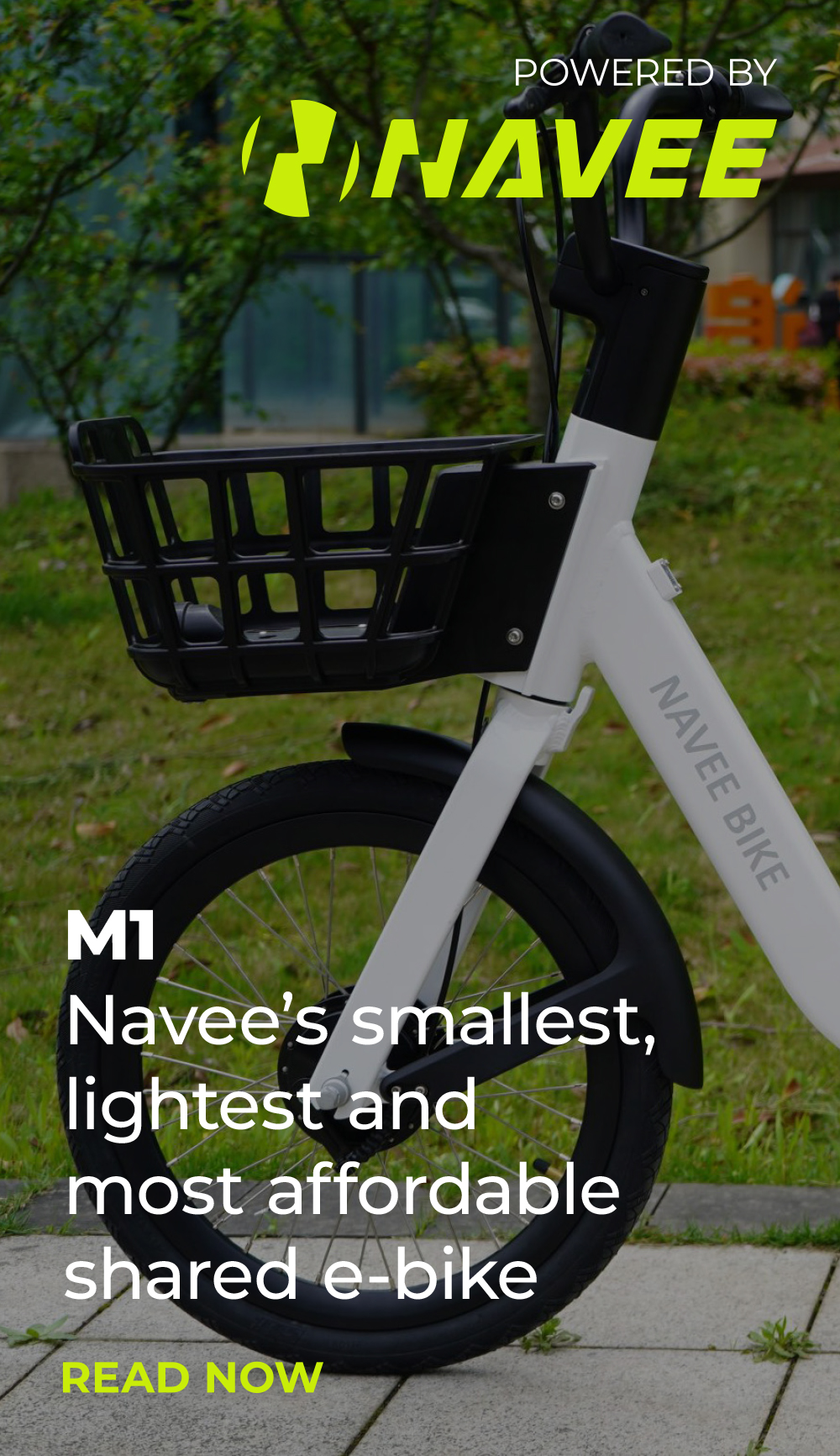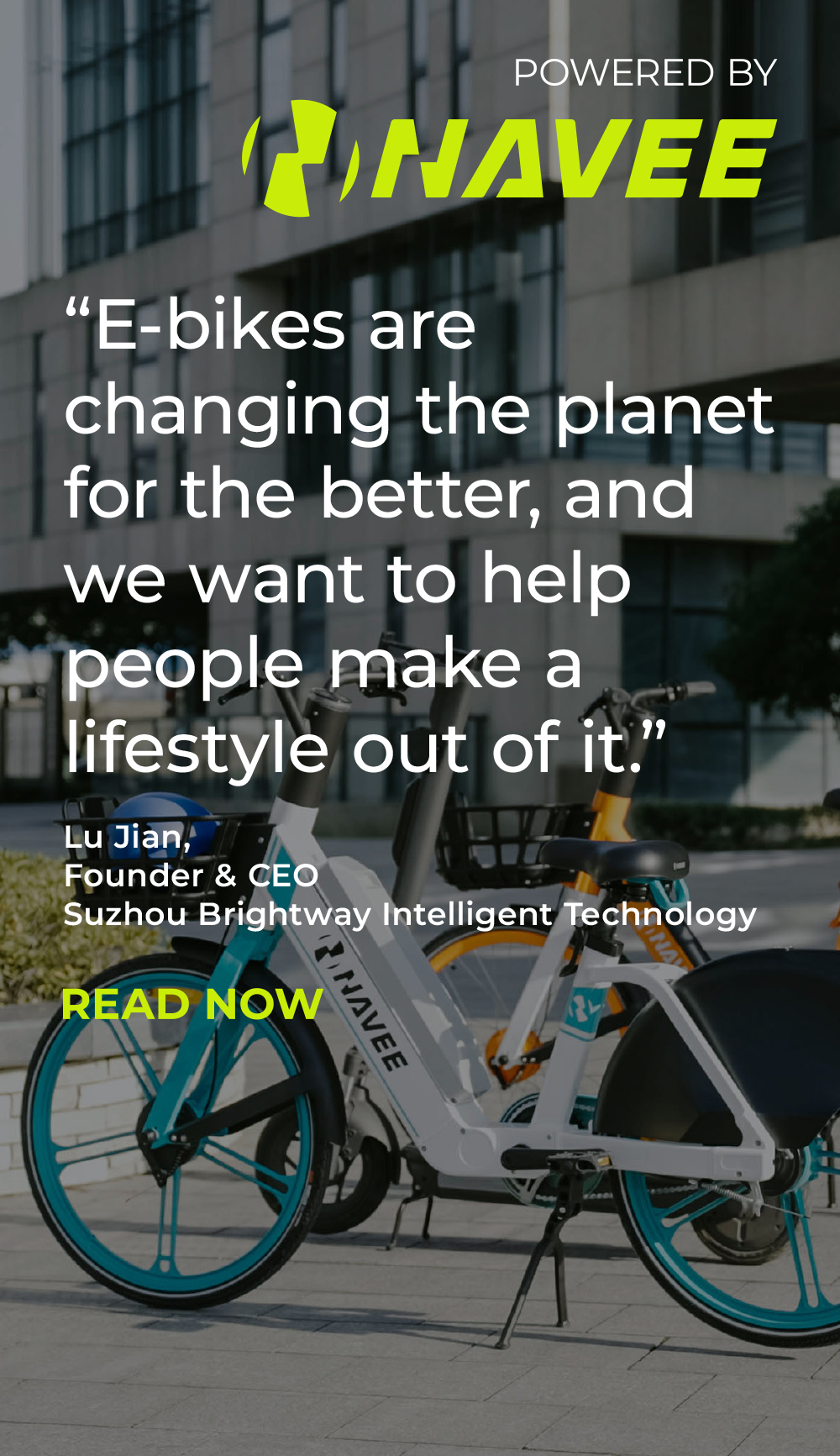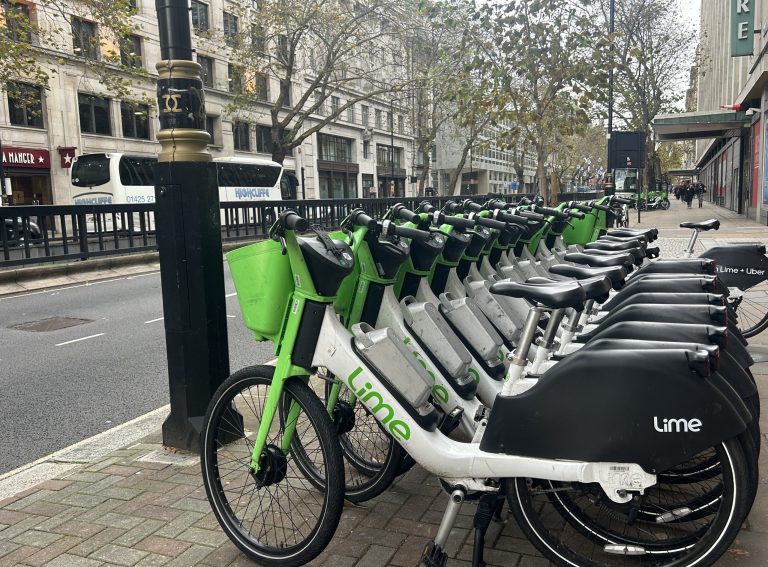Nottingham and Derby may be getting a new fleet of shared electric bikes next year after a council decision to prepare a tender and fund a new operation was confirmed last week.
The scheme will receive over £1 million funding as part of the ongoing Transforming Cities programme grant from the Department of Transport (DfT).
Nottingham’s state of play
Both cities already have some micromobility options. Superpedestrian runs a well-used shared e-scooter fleet in Nottingham, with just over 1,000 vehicles currently available for hire. The operator saw almost a million journeys in its first couple of years as part of the DfT trials (known as WIND then), and is now rapidly approaching two million journeys in total.
The size of the fleet, relatively low pricing model, strong vehicle specification, and large area of operation have all contributed to making it a success. It is now the 7th largest e-scooter fleet in the country, after Bristol, Liverpool, Birmingham, Southampton and Northampton (all Voi), and London (which is split among TIER, Lime and Dott).
Nottingham also has a small, long-running manual bicycle sharing operation, Citycard Cycles but this has low usage, with 21 bikes currently available. It is run directly by the city council using Hourbike equipment, and has long stagnated.
The e-scooters have already demonstrated a demand for micromobility if a fleet is large enough and easy enough to use. So the potential launch of a new, modern, electric, app-based fleet will no doubt revitalise bikeshare as an option in the city.
Derby’s micromobility set up
In Derby, Superpedestrian also run a long-term hire e-scooter fleet as part of the DfT trials. However, it is much smaller with around 30 vehicles, with each scooter used around once a day on average.
Currently, there is no option in the city for spontaneous street-based hire of bikes or e-scooters.
But Derby has had an electric bikeshare before. These e-bikes were publicly funded, docked, well-specified and had high-utilisation rates, but ended in disaster. This was because the bikes were persistently vandalised or stolen, which reduced the fleet size to a number not viable enough to continue. After a year the council were forced to throw in the towel.
Table: Micromobility in Derby and Nottingham, past and present
| Location | Name | Type | Size | Launched | Closed |
| Nottingham | Superpedestrian | Dockless e-scooters | 1056 | ||
| Nottingham | CityCard | Docked manual bikeshare | 21 | September 2012 | |
| Nottingham | Superpedestrian | Long-term hire e-scooters | 11 | ||
| Nottingham | e-bikes Derby | Dockless electric bikeshare | 94 | June 2018 | June 2019 |
With the potential return of e-bikes to a city that doesn’t have any short-term micromobility options, Derby council will be doubly keen to make the bikeshare a success this time around.
The newer fleet could have high-specification physical docking stations, live GPS tracking of users, plus potentially a refinement of the operating areas to try and preserve the operation.
Community engagement may also help. In a similar case, the Cardiff bikeshare was suspended in late 2021 for a few months due to intense vandalism issues but after discussions with communities and stakeholders was able to successfully return this year, and has thrived ever since. Hopefully, as soon as next summer, we will see successful electric bikeshares in both cities.






